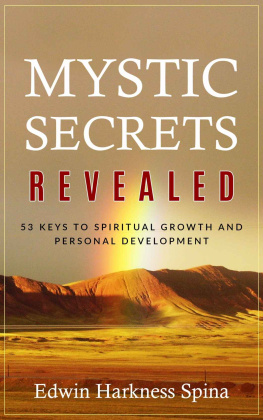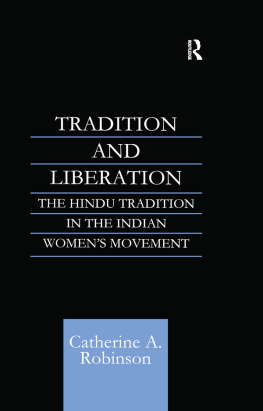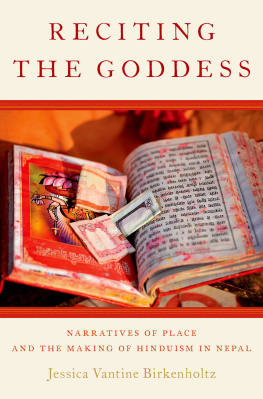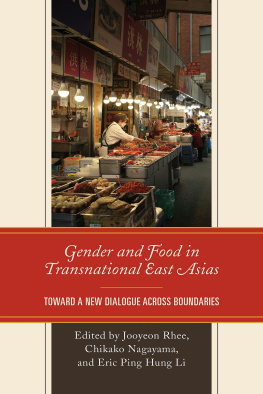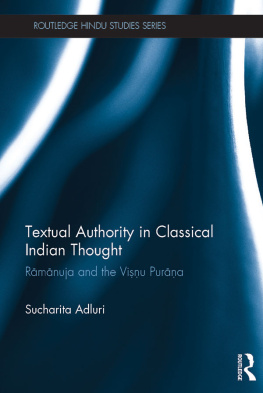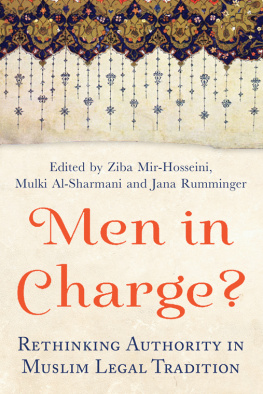1. Introduction
The research for this book is focused at the intersection of religion and migration, specifically diaspora Hinduism and the ways in which religious traditions are reconstructed and represented in diaspora communities. It foregrounds the common boundaries between religion and notions of gender, ethnicity and diasporic identity in North America. The transnational Adhiparasakthi movement represents a contemporary current within global Hinduism that demonstrates an increasing number of women in positions of religious leadership transnationally. This book is based on ethnographic fieldwork from 2007 to 2009 and 2014.
One of the most prominent, defining elements of this goddess tradition is that women are privileged with positions of leadership and ritual authority. This represents an extraordinary shift from orthodox tradition in which religious authority has been the exclusive domain of male Brahmin priests. Taking a close look at the Adhiparasakthi society in Toronto, Canada (a Hindu community in both its transnational and diasporic dimensions), the book analyzes womens roles and means of expression within the tradition, and illustrates how Goddess theology, womens ritual authority and inclusivity ethics have dynamically shaped this prominent movement overseas. In doing so, the book brings models of female authority to the foreground in goddess myths, tradition and practice, and examines how womens ritual authority, and caste and gender inclusivity ethics have influenced (re)conceptualizations of gender and religious authority in community discourse. Together these elements and practices both promote and bolster the ethical preferences articulated within this Hindu diasporic society in Toronto, Canada.
The Toronto Adhiparasakthi community is situated within the global Adhiparasakthi (tiparcakti) movement, also known as Om Sakthi, under the leadership of Indian guru Bangaru Adigalar.
Ritual Authority and Direct Participation
Concurrently an example of Hindu tradition in both its transnational and diasporic dimensions, this contemporary guru-led movement has sought to reconfigure paradigms of gendered religious leadership and democratize ritual participation. One of the ways this objective has been pursued is through an ethical discourse which emphasizes inclusivity regarding caste and gender. This emphasis is set within a theological framework of a kta goddess tradition, and a system of daily temple rituals performed by devotees in the community that demonstrate these objectives. The book illustrates the ways in which womens leadership and a collective style of worship has offered a revised definition in worship patterns from priest-mediated ritual performance to a collective style of ritual participation. These worship patterns afford members of the community more opportunity to become active in formal pj and a number of attendant daily rites. This movement in worship style has, in turn, been instrumental in fostering a community identity in the local setting by emphasizing inclusivity ethics regarding caste and gender in communal worship. This inclusivity is now a clear ethical preference within the community. Aptly, Fred Clothey notes, In a certain sense, the performance of public ritual, like that of dance or music, to use Milton Singers term, is a cultural performance that encapsulates within a confined space and time a sense of what a community wants to demonstrate of itself to its children as well as to outsiders (Clothey : 15).
Prioritizing these ritual initiatives has extended ritual authority and, hence, ritual participation to a wider demographic and removed a historically embedded form of social discrimination. With regard to the mother temple in Melmaruvathur, Vasudha Narayanan notes, The temple is overtly feminist in that it insists on equality between men and women (; Spina 2016) as well as increased popularity for congregational forms of pj . These aspects of the tradition are often mentioned by both the men and the women of the Toronto temple community, partly because it is seen or interpreted as a step in the direction of greater social equality or at least a move toward equal opportunity. This innovative structure of ritual authority has been instrumental in shaping the character of the transnational movement globally and community identity locally. As interpretations of the divine feminine within this movement converge with womens ritual authority and congregational forms of pj in the Toronto context, the democratization of ritual participation has emerged as a current with strong support in this community.
Diaspora Hinduism and Transnationality
Much of the recent work on North American Hindu traditions as well as studies in diaspora Hinduism have focused on Hindu temples, communities and practices. : 4) which in turn may impact or exert influence elsewhere in the world.
This Toronto Adhiparasakthi community is significant to the study of Hindu traditions in that it maintains transnational connections to both Tamil Nadu, India as the focus of religious authority and pilgrimage, and to Sri Lanka, the country of origin for many Tamil devotees. This is significant because as Steve Vertovec notes, Diasporas arise from some form of migration, but not all migration involves diasporic consciousness; all transnational communities comprise diasporas, but not all diasporas develop transnationalism (Vertovec : 282). Of further significance to Hindu studies in the diaspora are the ways in which the Om Sakthi movement has reinterpreted traditional constructions of religious authority. These elements drawn together add rich contours to contemporary studies on women in Hinduism, diaspora communities in North America and transnational guru-led movements in the twenty-first century.
Resourceful work in theories of transnationality has been developed by a number of social theorists (e.g., Appadurai ) note, The transnational paradigm allows researchers to understand more fully the ways that Indian Hindus living in the United States are intimately connected to communities and families in India and elsewhere.
D. Fitzgerald (). The transnational structure of the Hindu Adhiparasakti organization serves to validate and support women within the Om Sakthi movement. In Toronto, the gender and caste inclusive discourse, the collective patterns of worship, and womens ritual leadership and participation at temples taken together comprise the means by which this transnational movement intersects with the local in the experience of individuals.
The Melmaruvathur Adhiparasakthi Tradition Tamil Nadu, India
Historical Perspective
The Om Sakthi movement dedicated to the worship of the Goddess Adhiparasakthi (akti) is a religious organization founded in the 1970s under the leadership of Indian guru Bangaru Adigalar. Situated in the village of Melmaruvathur, it is now a global network comprising religious centers, medical, educational and vocational training institutions, and charitable foundations.
As noted in the book Glory to the Mother Divine by Chandrasekharan and Sambandam the formative years of this tradition began with the discovery of a svayambhligam in the village of Melmaruvathur in 1966 (an aniconic symbol of generative energy within Hindu tradition). In the aftermath of a fierce cyclone, an uprooted neem (nm) tree revealed the presence of a svayambhligam resting in the ground (Chandrasekharan and Sambandam 2004). As recounted in the hagiographical literature and oral tradition, K.K. Moorthy notes that the Goddess Sri Adhiparasakthi had been residing in the form of that ligam waiting for an opportune time to make her appearance to the world. At that time, the ligam was carefully drawn from the soil and a temporary shelter was constructed around the ligam by Gopala Naicker, the landowner and father of Bangaru Adigalar, the guru of this tradition.


